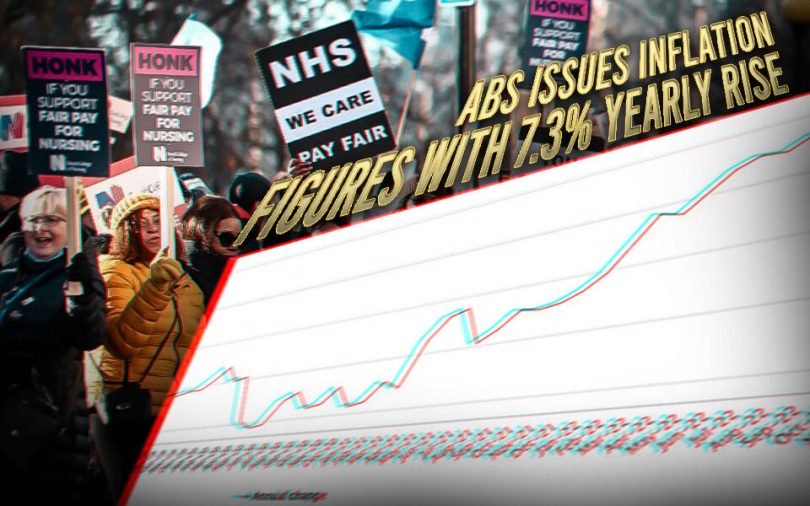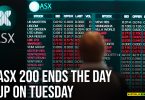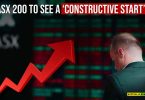Inflation bounced back to a 30-year peak after the World Bank issued a dire warning on how “perilously close” recession is for the global economy.
ABS- The Australian Bureau of Statistics released the monthly CPI (Consumer Price Index), which rose 7.3% in November 2022.
It points to a climb from its recorded 6.9% in October but appears to match the numbers in September.
The Treasurer of Australia, Jim Chalmers, said the recently updated figure “underscores the pressure being felt throughout our economy and the pinch being felt by Australian households.”
“The November result doesn’t fully include the latest energy prices that are a direct result of nine months of Russian aggression and nine years of Coalition incompetence.”
He said, “There is also uncertainty around the impacts of ongoing flooding that continues to devastate communities across our country.”
According to ABS, the top contributors to the rise in CPI were transport, housing, and food – all of which climbed up beyond 9%.
ABS Head of prices statistics, Michelle Marquardt, said that the elevating operating costs, including electricity, wages, and the weather, had impacted the food supply, which drove its prices up.
She said, “(The) annual movement of 7.3 per cent compared to 6.9 per cent in October and 7.3 per cent in September, indicating ongoing inflationary pressures.”
The recently updated figures are a byproduct of the World Bank’s downgrade on its global growth predictions for 2023, which is 1.7%, lower than their initially predicted 3%.
Dr. Chalmers informed of the World Bank’s issue of a dire warning stating that the global economy seems “perilously close” to recession.
“This report leaves little to no doubt the international economy is facing its third crisis in 15 years – following the hammer blows caused by the GFC and pandemic.”
“We should be optimistic about the future of our economy and our country, but realistic about what the deteriorating international outlook means for us in Australia,” he said.
November’s inflationary hike resulted despite the spur caused by Black Friday, pushing the retail turnover from a tiny shift of 0.4% in October to 1.4%.
Ben Dorber, the Head of retail statistics at ABS, said that the event was received well by the consumers and even the retailers.
He said, “Given the increasing popularity of Black Friday sales, the smaller increase in October may reflect consumers waiting to take advantage of discounting in November, particularly in light of cost-of-living pressures.”
To get input on how the recent inflationary soar will impact the interest rates, the Reserve Bank plans on meeting next on Feb 7th.
- Published By Team Australia News








